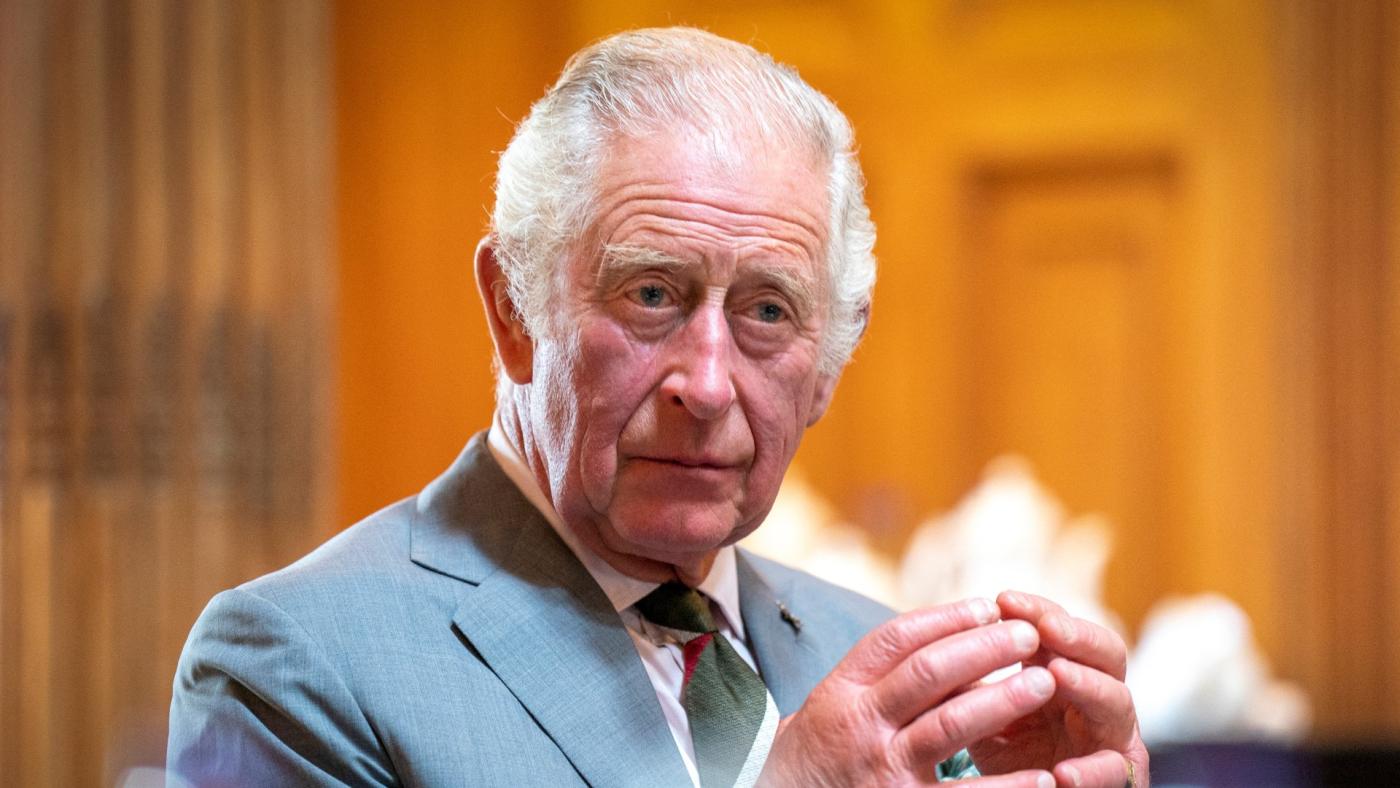The ancient manuscript, written on sheep or goat skin, sat for nearly a century at a university library, with scholars unaware of its significance.
That is, until Alba Fedeli, a researcher at the University of Birmingham studying for her doctorate, became captivated by its calligraphy and noticed that two of its pages appeared mis-bound alongside pages of a similar Quranic manuscript from a later date.
The scripts did not match. Prodded by her observations, the university sent the pages out for radiocarbon testing.
On Wednesday, researchers at the University of Birmingham revealed the startling finding that the fragments appeared to be part of what could be the world’s oldest copy of the Quran, and researchers say it may have been transcribed by a contemporary of the Prophet Muhammad.
Muslims believe Muhammad received the revelations that form the Quran, the scripture of Islam, between 610 and 632, the year of his death. Professor Thomas said tests by the Oxford Radiocarbon Accelerator Unit indicated with a probability of more than 94 percent that the parchment dated from 568 to 645.
Omid Safi, the director of the Duke Islamic Studies Center and the author of “Memories of Muhammad: Why the Prophet Matters,” said that the discovery of the manuscript provided “further evidence for the position of the classical Islamic tradition that the Quran as it exists today is a seventh-century document.”






